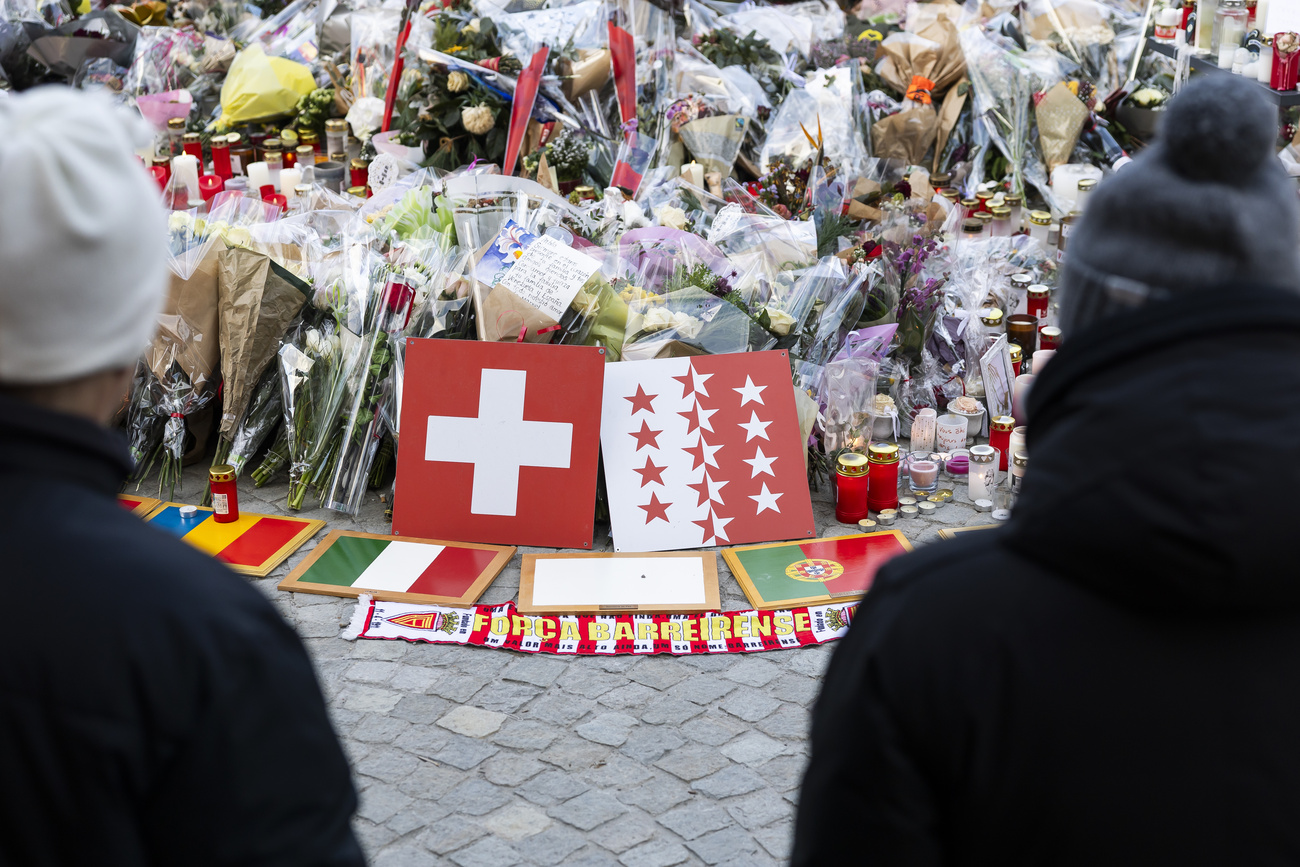
Volcano ash closes Swiss airspace

Swiss air space has been closed to all aircraft as a preventive measure as a cloud of volcanic ash from Iceland reached the country.
The civil aviation office announced the ban on Friday afternoon. It began at midnight, when the ash was expected to arrive over Switzerland, and remains in force until at least 8pm on Saturday.
The only planes still allowed to fly are those on search and rescue missions.
The office said it was monitoring the situation closely and would decide later whether to extend the ban.
Switzerland is one of many countries in Europe which has closed its airspace as the cloud moves south and east.
Hundreds of thousands of passengers are already stranded throughout the continent, as flights to affected countries were cancelled.
A total of 488 flights from and to Zurich airport were cancelled on Friday and Saturday.
Geneva airport cancelled all flights to Britain on Friday, with flights to Paris, Amsterdam, Frankfurt and Brussels also affected until further notice, an airport spokesman said.
Passengers are being advised not to go to airports but contact their airlines or consult the airport websites.
The countries which have already closed their airspace include Britain, Ireland, France, Belgium, the Netherlands, Denmark, Norway, Sweden and Finland, Poland and Slovakia. However, some northern airports are now reopening as the ash drifts south.
The measure was taken after the volcano under the Eyjafjallajokull glacier started spewing ash high into the atmosphere on Wednesday.
Tickets reimbursed?
The Swiss travel ombudsman said on Friday that travellers whose flights were cancelled should be reimbursed or given another flight option.
Beat Dannenberger advised passengers to get in touch as soon as possible with their airline or travel agency.
For passengers stranded at airports, airlines must supply drinks and meals as well as organize sleeping arrangements if delays last longer.
Swiss International Air Lines announced that travellers whose flights were cancelled on Friday could demand another booking until May 31 at no extra cost. For those who wished to be reimbursed, the sum paid back would depend on their ticket’s contractual conditions.
The closure of airports has had a knock-on effect on rail services in northern Europe.
A swissinfo.ch journalist travelling from Basel to Zurich on Friday afternoon said the train was much busier than usual. Passengers included people who had been booked on flights from Strasbourg to Rome, she said.
The Swiss Federal Railways has recommended all travellers wishing to go abroad to make a seat reservation.
In view of the large numbers of extra passengers using the rail network, and the huge queues building up at ticket offices, travellers who board without a ticket will not be required to pay a supplement.
The railways is asking anyone travelling to a Swiss airport to contact their airline about their flight before getting on the train.
A real threat
A volcano’s smoke and ash pose a threat to aircraft because particles as sharp as a knife blade ranging in size from 0.001 millimetres to 2 millimetres can get sucked into their engines, melt in the heat, and then solidify again, causing the engine to shut down.
That happened to a KLM flight near Alaska in 1989, when a jumbo jet lost all power and dropped from 7,500m to 3,600m before pilots could restart the engines and land the plane.
The debris can also hinder visibility. In the 1980s a British Airways 747 flew into a volcanic ash cloud and the grit sandblasted the windscreen so thoroughly that the pilot had to stand and look out of a side window to land safely.
swissinfo.ch and agencies
Small jagged pieces of rocks, minerals, and volcanic glass the size of sand and silt (less than 2 millimetres (1/12 inch) in diameter) erupted by a volcano are called volcanic ash.
Very small ash particles can be less than 0.001 millimetres (1/25,000th of an inch) across.
Volcanic ash is not the product of combustion, like the soft fluffy material created by burning wood, leaves, or paper.
Volcanic ash is hard, does not dissolve in water, is extremely abrasive and mildly corrosive, and conducts electricity when wet.
Volcanic ash is formed during explosive volcanic eruptions. Explosive eruptions occur when gases dissolved in molten rock (magma) expand and escape violently into the air, and also when water is heated by magma and abruptly flashes into steam. The force of the escaping gas violently shatters solid rocks.
Expanding gas also shreds magma and blasts it into the air, where it solidifies into fragments of volcanic rock and glass.
Once in the air, wind can blow the the tiny ash particles tens to thousands of kilometres away from the volcano.
(Source: USGS)

In compliance with the JTI standards
More: SWI swissinfo.ch certified by the Journalism Trust Initiative






























You can find an overview of ongoing debates with our journalists here . Please join us!
If you want to start a conversation about a topic raised in this article or want to report factual errors, email us at english@swissinfo.ch.